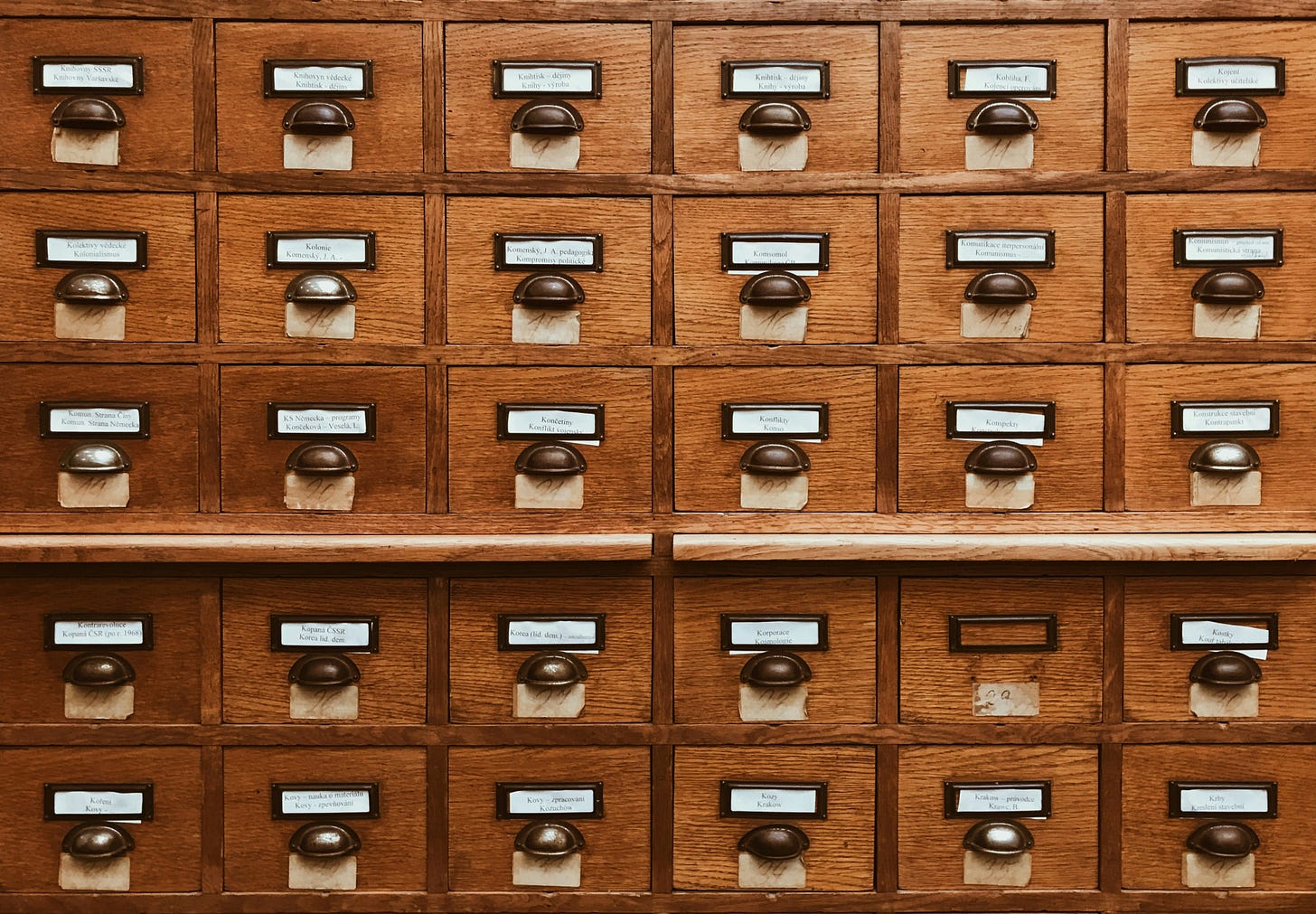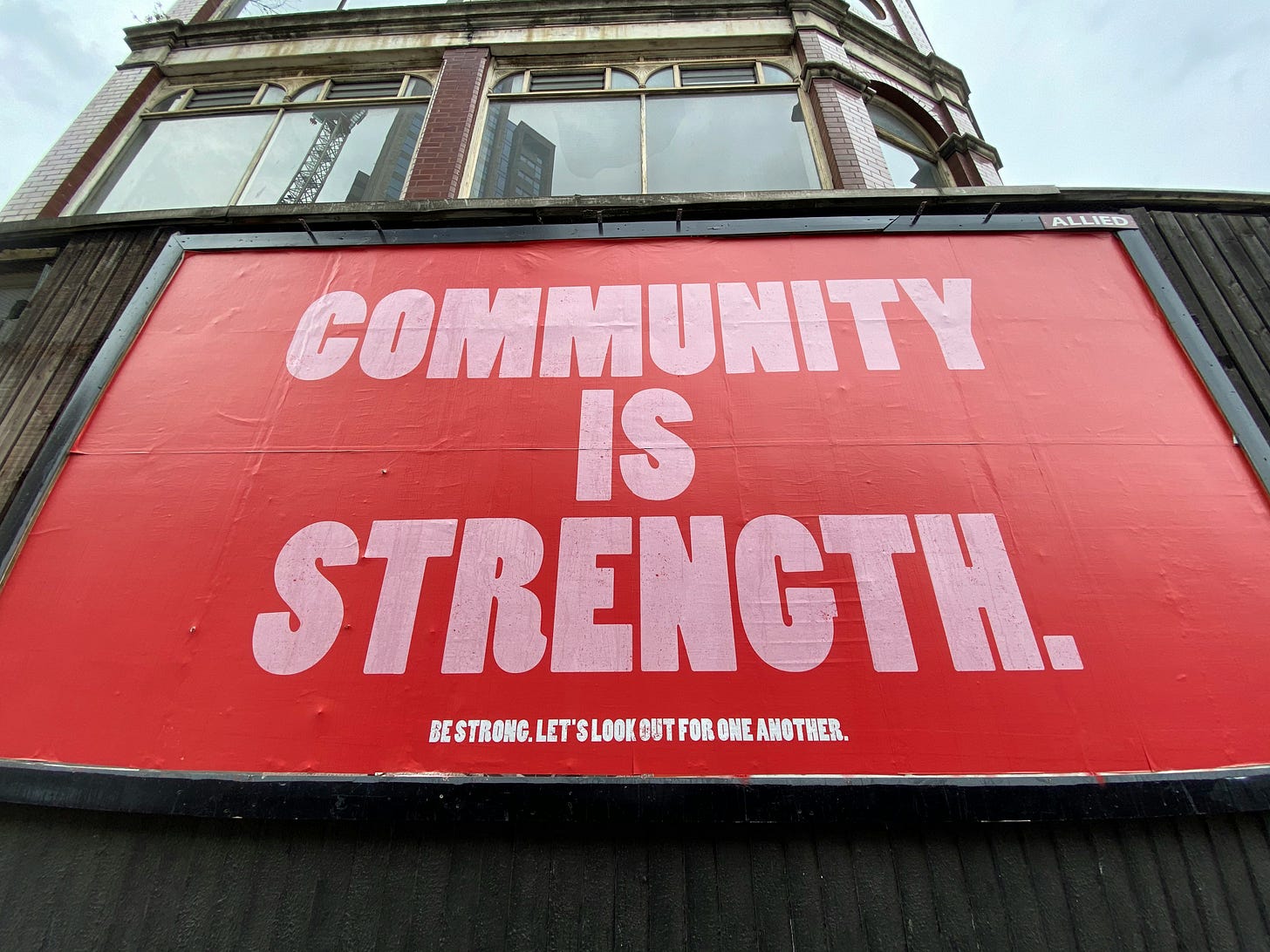
In 1960s Birmingham, serendipity led a young girl’s family to be housed only a stone’s throw away from a huge supply of books.
Finding solace from grammar school, Sunday classes, and her job at the local corner shop, she’d lose herself in tales of glamour, murder, wild romance, played out on continents she’d never dared to imagine. After all, how could she?
But this girl soon became enamoured by the allure of unchartered pages.
Not one to discriminate by genre, she couldn’t fail to seize the opportunity on her doorstep. And my God, did this opportunity give her big ideas.
On shift in 1979, perched behind the counter, she’d clutch her open book out of view, long cocoa hair draped over a busy pine counter top. Knitted vest and flared jeans, a frayed pinny over the top, large spectacles sliding down her nose. Soon, she’d be the main character, travelling, careering, living.
In truth, I have no idea what this girl was wearing. I can only guess from photographs and recollections, and I suspect she was far too diligent to read on the job.
But it’s a nice image. One that makes me smile.
Because the girl in question is my mother.
It’s strange to think my relationship with books began in a library I’ve never stepped foot in. Yardley Wood, to be specific, several decades before my birth.
Although I can’t be certain of the past, something I am certain of is that I’m only a writer now because my mom was lucky enough to possess a library ticket. All because the pleasure was local, and more importantly, free.

Consuming stories so prolifically was above my mother’s station, a privilege once reserved only for those with the wealth and space to accumulate books like trophies to display on towering shelves, the type with gold foil titles etched into cloth-bound spines.
While libraries have existed in a number of forms globally for centuries, the free public library system began in the UK with the Victorians. The idea was to encourage education and self-improvement across all social classes. A progressive thought, apparently.
Only in more recent times have we come to appreciate the wider benefits of free access to books. Research found readers are 21 percent less likely to report feelings of depression, and ten percent more likely to report self-esteem than non-readers. Incredibly, researchers have also discovered that after only six minutes of reading, a person’s stress could be reduced by up to 68 percent.
It seems in books we find happiness.
Funnily enough, the joy of reading is no surprise to me. However, when I started working in libraries just over a year ago, I found myself surprised in other ways. Frankly, I was embarrassed.
It seemed I’d been undervaluing my local library. Underusing it, for sure.
Because within weeks I’d discovered our library shelves held more than an eclectic offering of crime fiction hardbacks.
They held more than books in general, more than words and ink and paper bound together by glue.
No, the heart of a library lies beyond the books, with people and community, assets beyond value, not quantifiable by inventory.
Not alphabetised, catalogued, or classified by bloody Dewey and his sodding decimals.

Living through a loneliness epidemic requires rebellion. Places that welcome and invite a different, perhaps ancient way to be. Between addictive screens, globalisation, and an unrivalled pace of living, it’s no wonder that just under 50% of adults in the UK report feeling lonely sometimes, often, or always.
But through it all, libraries push back.
Whether it’s new mothers adjusting to the shock of maternity leave, retirees sipping PG tips and sharing stories over their knitting needles, or patrons of all ages bonding over shared passions without constraint of financial means – companionship can be found in the library.
Judgment is left at the automated doors, and every day is a new one.
For me, working in a library feels like coming home.
In fact, it feels like a privilege – one with great power.
You see, our help desk is a special kind of Tardis, transforming in response to each patrons needs. I’ve seen it morph into a spotlit stage, offering puppet show entertainment to weary children. It’s been a confessional, a search engine, an atlas, a cosy lounge with a steaming mug of gold roast.
But more often than not, our help desk is a key. Ready for you to pick up whenever you want or need it. Even better: you get to decide which door it opens. Be it literacy, community, warmth or information.
You choose.
Many believe library staff simply stack shelves and recommend books. And of course, we do.
But we also sit aside reluctant seniors as they send their very first email to overseas siblings they’ve missed dearly for decades. We proofread messages for those with ailing sight. We photocopy death certificates for widows as they make light of their heartbreak through admin-laden tick lists. We fetch Kleenex and shortbread when long-held emotions are released.

We listen.
Importantly, we listen.
God, there’s a reason libraries somehow endure against all odds, despite very real threats.
This place of sharing in a finders-keepers culture.
This place of borrowing when sales are what’s selling.
This place that invites equal footing inside a hive of hierarchy.
In discovering the library as a child, my mother was gifted a lifelong passion.
The joy this passion afforded her would be passed on to her youngest daughter decades later, who would discover even more still.
Support your local library if you can.
Either way, your local library will always support you.



